Copyright 2010 by Petersons, a Nelnet company
All rights reserved. Except as permitted under the U.S. Copyright Act of 1976, no part of this publication may be reproduced, distributed, or transmitted in any form or by any means, or stored in a database or retrieval system, without the prior written permission of the publisher.
Petersons a Nelnet Company
2000 Lenox Drive,
Lawrenceville, NJ 08648
Visit our website at www.petersons.com
First eBook Edition: October 2010
ISBN: 978-0-7689-3020-7
If you are a high school or college student thinking about your futureand the future of our planetor if you are a career changer wondering what you need to do to get an energy-related job in todays new green economy, Petersons Green Careers in Energy can offer you the information you need. Throughout the book, you will find details on numerous energy-related jobs and careers as well as programs offered at two-year and four-year colleges and universities and through trade unions and specialized organizations.
If, like most people, you need a better understanding of what being green or living a green lifestyle means and how to begin your search for a green job, youve come to the right place! In What Does Being Green Mean?, youll find out why were seeing an increase in the current interest in sustainability and what the New Energy for America Plan and the 2009 Stimulus Plan mean in terms of your green job search.
Next, Essays on the Importance of Sustainability features insightful and inspirational articles by individuals who are at the forefront of this exciting field:
- Mary Panks-Holmes, Director of Client Strategy at Native Energy
- Peter Buckland, Ph.D. candidate (Educational Theory and Policy) at Penn State University Park; president of 3e-coe (Environment-Ecology-Education in the College of Education)
- James W. DeHaven, Vice President of Economic & Business Development, Kalamazoo Valley Community College; Kalamazoo, Michigan
- Mary F.T. Spilde, President, Lane Community College, Eugene, Oregon
- Danny S. Growald, Vice-Chair of Princeton Universitys SURGE: Students United for a Responsible Global Environment
If you are seeking a professional or skilled job in the new green economy, check out for many of the careers mentioned throughout these chapterslinks that look like this:
 http://bit.ly/career1
http://bit.ly/career1
CareerOneStops Web site is sponsored by the U.S. Department of Labor, Employment and Training Administration. It offers career resources and workforce information to job seekers, students, businesses, and workforce professionals to foster talent development in a global economy.
To locate some of the great four-year and/or graduate programs or some of the outstanding two-year (including community colleges) and union programs, check out ). The colleges and universities profiled here support innovative programs in energy, have vibrant on-campus sustainability programs and organizations, and have made a commitment to making their campus communities sustainable. Both chapters highlight degrees offered, including distance learning opportunities, and green campus organizations and activities.
Dont want to leave your carbon footprint traveling to see colleges or universities and want to save some green in the process? Check out the videos and educational resources on YOUniversityTV.com. Youll find easy-to-use links to videos that look like this:
 http://bit.ly/collvid2
http://bit.ly/collvid2
YOUniversityTV.com assists students with the college-selection process by providing access to videos and educational resources for colleges across the United States. YOUniversityTV.com is free-of-charge and does not receive compensation from any of the universities it features.
State and Federal Workforce Training, youll discover what each states One-Stop Career Center offers in terms of help with job search, resume writing, training programs, and more. Simply find your state, and youll uncover a wealth of information, including phone numbers and Web site.
In the youll learn how to find and search green job boards and how to green your vocabularywhat all of the new terms actually mean. Youll also find a list of organizations in the United States and abroad that support sustainability through education, research, and activities.
Throughout the book, youll find feature pages offering extra green tips and advice, with such topics as The Future in Energy Careers, What is LEED?, Nanotechnologies: Promise or Peril?, and RecycleMania. About boxes that are scattered throughout the chapters provide even more information and explanations to help you succeed on your way to a green joband a green life.
Join Petersons Green Careers conversation on Facebook and Twitter at www.facebook.com/green.series and www.twitter.com/green_series. Petersons resources are available to help you with your green job and college search.
Petersons publishes a full line of bookseducation exploration, career preparation, test prep, and financial aid. Petersons publications can be found at high school guidance offices, college libraries and career centers, and your local book-store and library. Petersons books are now also available as eBooks.
We welcome any comments or suggestions you may have about this publication. Your feedback will help us make educational dreams possible for youand others like you.
Colleges and universities will be pleased to know that Petersons helped you in your selection. Admissions and Sustainability Office staff members are more than happy to answer questions and help in any way they can. The editors at Petersons wish you great success in your search for a great green career in energy!
Once upon a time, the only thing that was green was Kermit the Frog. Now, it seems as though everywhere you turn, all you see and hear is green. Eat organically grown food. Use only low-or no-VOC paint. (Whats VOC?) Trade in your gas-guzzler for a hybrid. Have a fuel-efficient car? Buy an even more fuel-efficient car. Wear clothes made from renewable sources such as cotton or bamboo. (Bamboo? For clothes?) Recycle your computer, your cell phone, and even your sneakers. On and on goes the list of dos and donts in this new sustainable, eco-friendly, twenty-first century. But what does it mean to youthe student, the worker, the consumer, and the citizen?
Why the Interest in Sustainability Now?
First, the fear of global warming and climate change as well as national security issues are driving the push to conserve energy and become less dependent on foreign oil. Second, the recession that began in 2007 turned the spotlight on the consumption patterns of Americans. Our savings rate had fallen into the negative zone as we borrowed against the equity in our homes to buy boats, electronics, the latest hot trends in clothes, gas-hungry SUVs, and crossoversgenerally whatever we wanted until we reached our credit limits. And when we did, some of us just got another credit card. Whereas our great-grandparents may have darned a hole in a sock, shortened a hem on a dress, or had their shoes resoled, we just tossed out old items and bought new ones.
New Energy for America
Certainly a number of Americans did practice recycle, reuse, reduce since the first Earth Day in 1970, but the nation as a whole had not embraced the mantra of conservationists and environmentalists until the recent recessionwhich brings us to the third point. The election of Barack Obama in 2008 served to crystallize the need to do something about our profligate attitude toward the environment. As a candidate, President Obama had promised to reduce the nations dependence on nonrenewable sources of energy and fight climate change. As President, he launched his New Energy for America program that is intended to


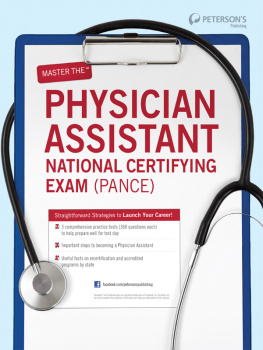
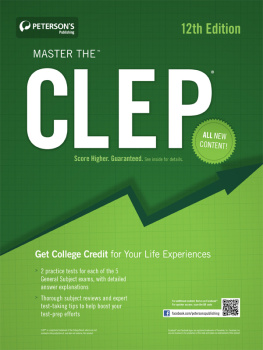

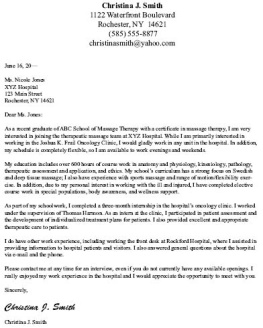
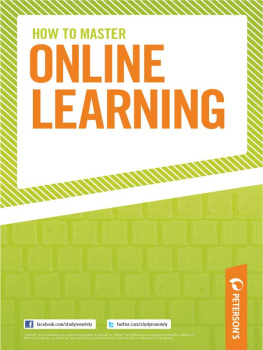
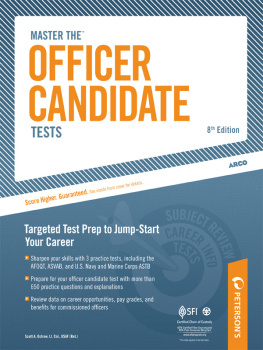
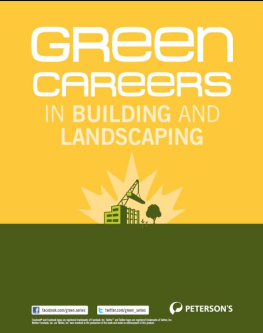
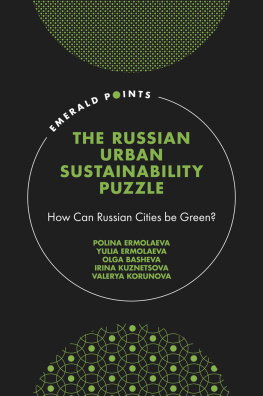
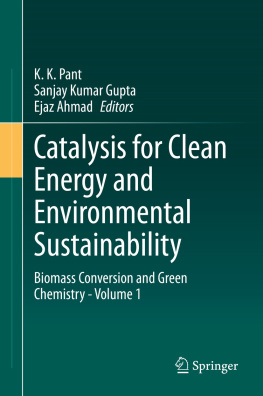
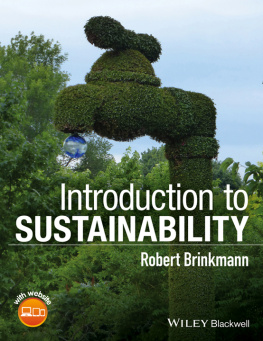
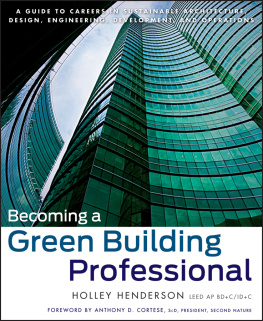
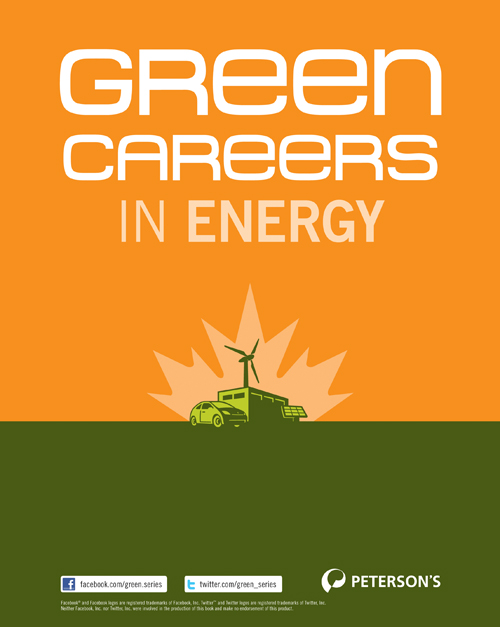
 http://bit.ly/career1
http://bit.ly/career1 http://bit.ly/collvid2
http://bit.ly/collvid2